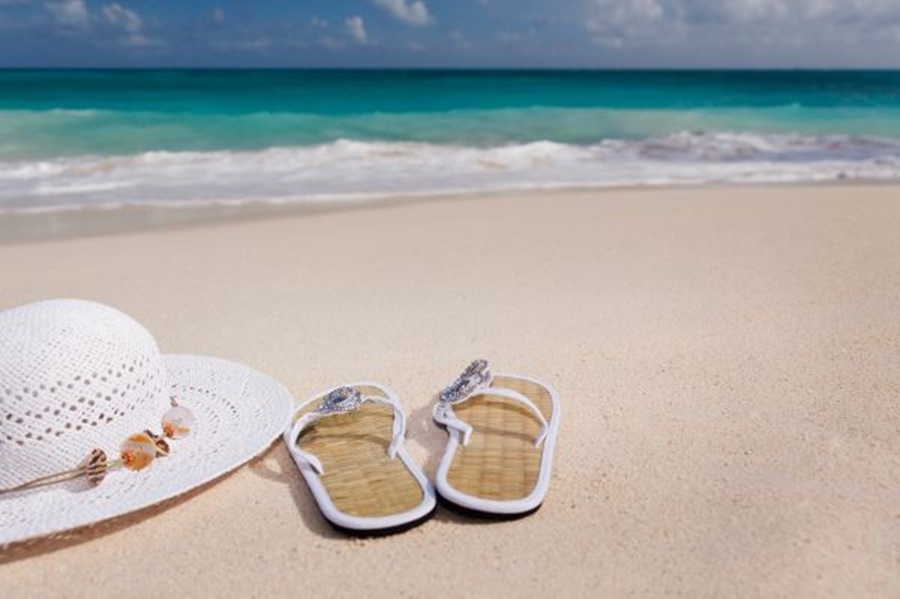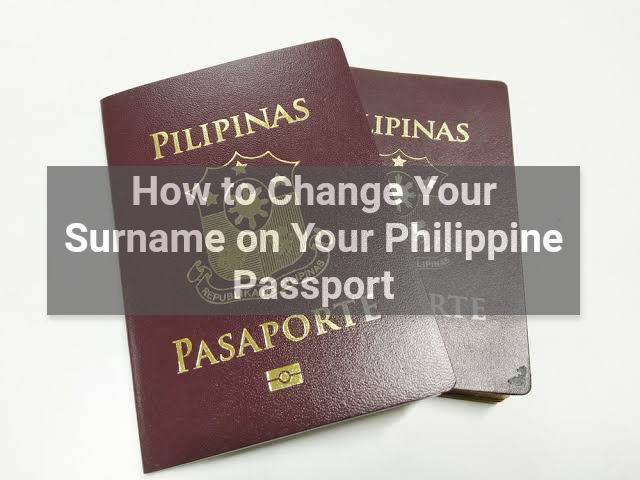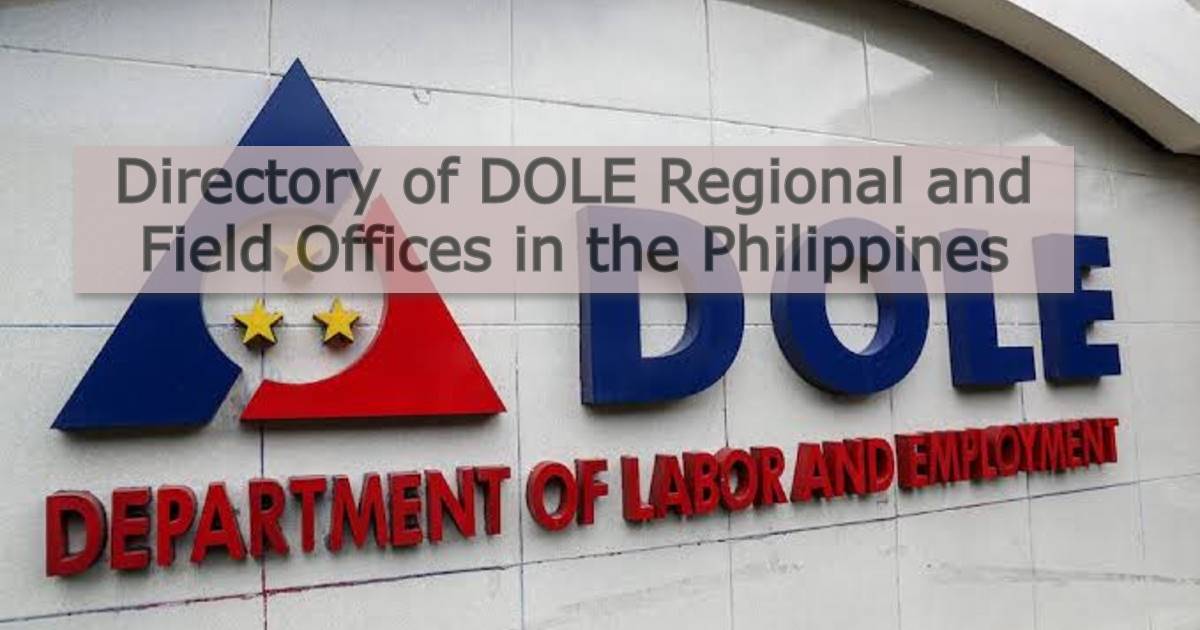Foreign Affairs Secretary Locsin Recommends Lifting Cap on Passengers As PH Flight Prices Soar
As the holiday season is upon us, many Filipinos from various parts of the globe will want to come back home to spend Christmas with their loved ones. However, this won’t be without a (hefty) … Read more






![[Breaking] UAE, Oman Among PH ‘Green’ List; Fully Vaxxed Balikbayans No Longer To Undergo Quarantine](https://thepinoyofw.com/wp-content/uploads/2021/11/pcoo.jpg)


